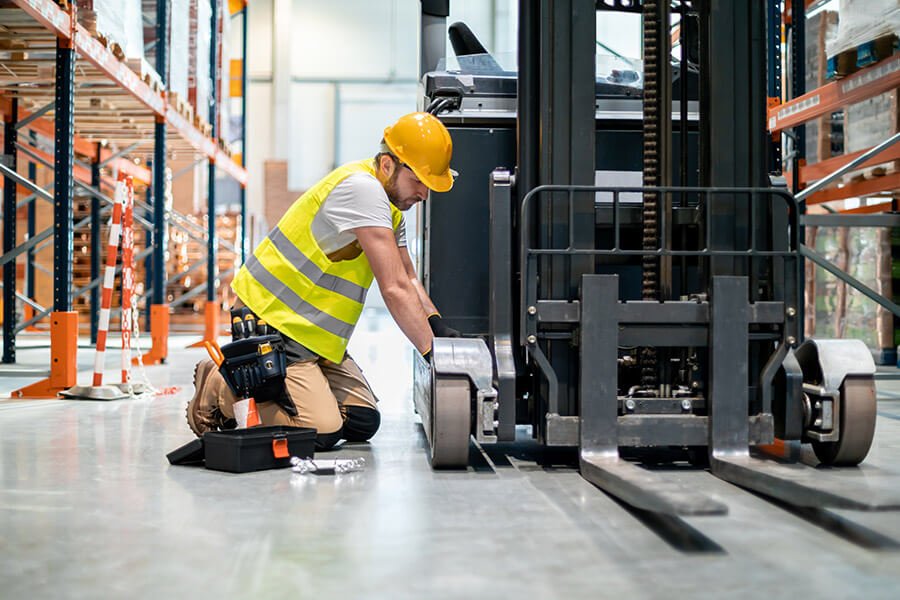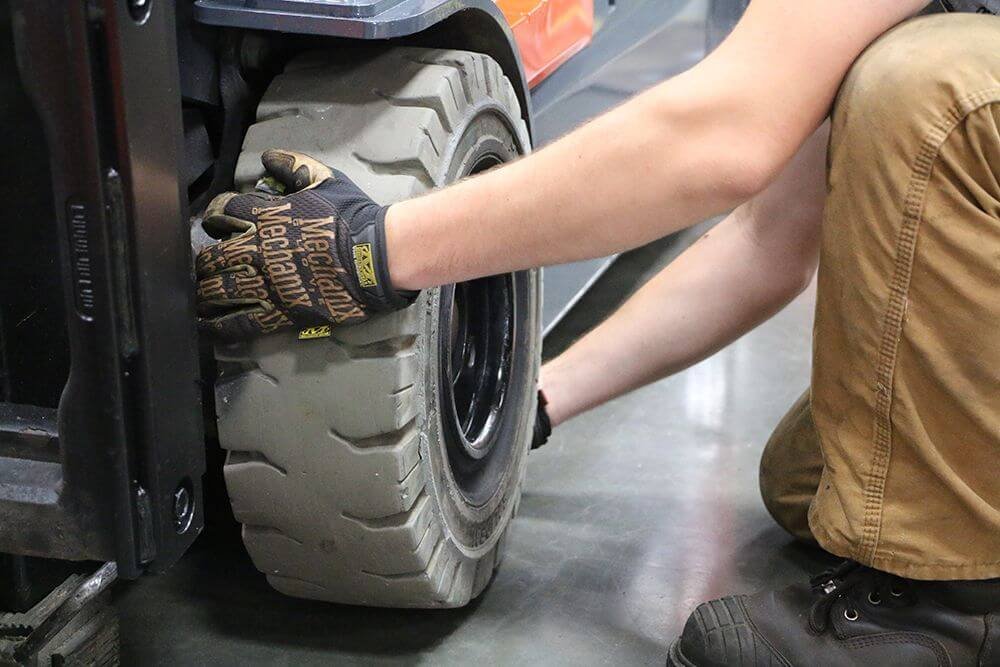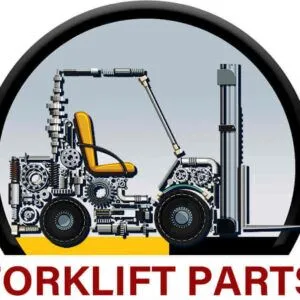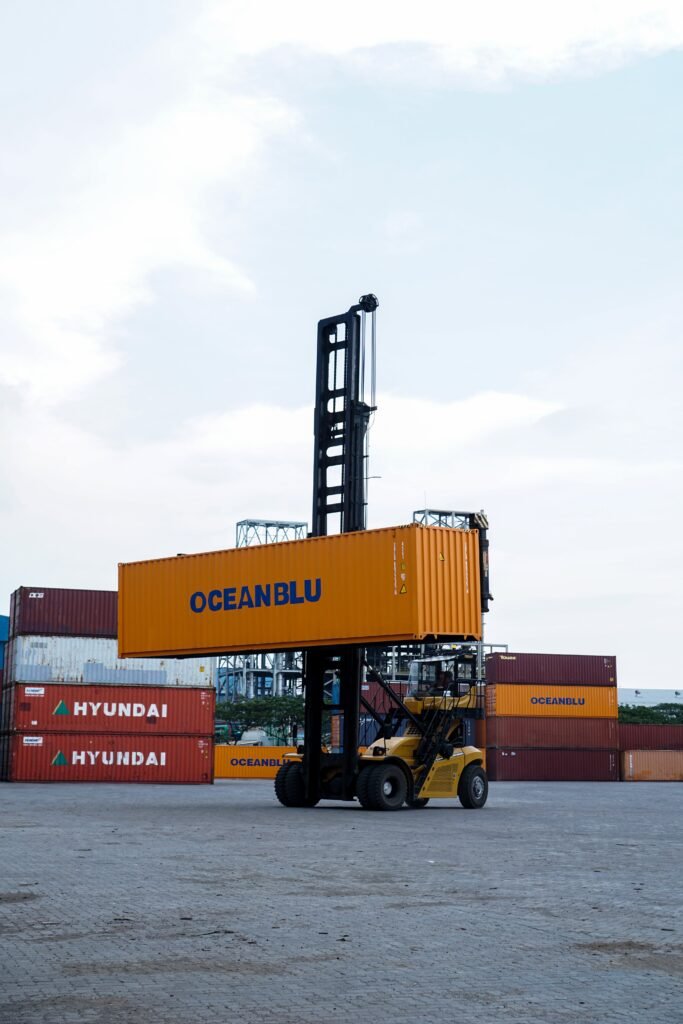****
Importance of Forklift Maintenance
Proper forklift maintenance is crucial for ensuring the safety and longevity of your equipment. Regular servicing helps identify and address potential issues before they become major problems, reducing the risk of breakdowns and accidents.
By adhering to a comprehensive maintenance schedule, businesses can maximize the lifespan of their forklifts, minimize downtime, and keep their operations running smoothly. This ultimately leads to cost savings and improved productivity.
Common Forklift Maintenance Tasks
Routine forklift maintenance typically involves a range of tasks, such as checking fluid levels, inspecting tires and brakes, and cleaning key components. These tasks help maintain the forklift's optimal performance and prevent the buildup of wear and tear.
Additionally, businesses should follow the manufacturer's recommended maintenance schedule to ensure their forklifts are serviced in accordance with industry best practices. This helps preserve the warranty and maintains the equipment's safety and reliability.
Forklift Parts and Replacement
When it comes to forklift maintenance and repair, having access to high-quality replacement parts is essential. Businesses should work with a reputable supplier that offers a wide selection of genuine, OEM-approved parts to ensure the proper fit and performance of their equipment.
Investing in quality parts can help extend the lifespan of a forklift and prevent costly breakdowns. Additionally, businesses should consider partnering with a forklift service provider that can assist with parts procurement and installation to ensure the job is done right.
Forklift Maintenance and Safety
Maintaining forklifts in top condition is not just about preserving the equipment itself; it's also a critical safety measure. Proper maintenance helps identify and address issues that could potentially put operators and other personnel at risk, such as brake problems, visibility concerns, or structural damage.
By prioritizing forklift maintenance, businesses can ensure their equipment is safe to use, reducing the likelihood of accidents and injuries. This not only protects their employees but also helps avoid costly legal and regulatory issues that can arise from safety violations.
****
****
Importance of Forklift Maintenance
Proper forklift maintenance is crucial for ensuring the safety and longevity of your equipment. Regular servicing helps identify and address potential issues before they become major problems, reducing the risk of breakdowns and accidents.
By adhering to a comprehensive maintenance schedule, businesses can maximize the lifespan of their forklifts, minimize downtime, and keep their operations running smoothly. This ultimately leads to cost savings and improved productivity.
Common Forklift Maintenance Tasks
Routine forklift maintenance typically involves a range of tasks, such as checking fluid levels, inspecting tires and brakes, and cleaning key components. These tasks help maintain the forklift's optimal performance and prevent the buildup of wear and tear.
Additionally, businesses should follow the manufacturer's recommended maintenance schedule to ensure their forklifts are serviced in accordance with industry best practices. This helps preserve the warranty and maintains the equipment's safety and reliability.
Forklift Parts and Replacement
When it comes to forklift maintenance and repair, having access to high-quality replacement parts is essential. Businesses should work with a reputable supplier that offers a wide selection of genuine, OEM-approved parts to ensure the proper fit and performance of their equipment.
Investing in quality parts can help extend the lifespan of a forklift and prevent costly breakdowns. Additionally, businesses should consider partnering with a forklift service provider that can assist with parts procurement and installation to ensure the job is done right.
Forklift Maintenance and Safety
Maintaining forklifts in top condition is not just about preserving the equipment itself; it's also a critical safety measure. Proper maintenance helps identify and address issues that could potentially put operators and other personnel at risk, such as brake problems, visibility concerns, or structural damage.
By prioritizing forklift maintenance, businesses can ensure their equipment is safe to use, reducing the likelihood of accidents and injuries. This not only protects their employees but also helps avoid costly legal and regulatory issues that can arise from safety violations.
****






